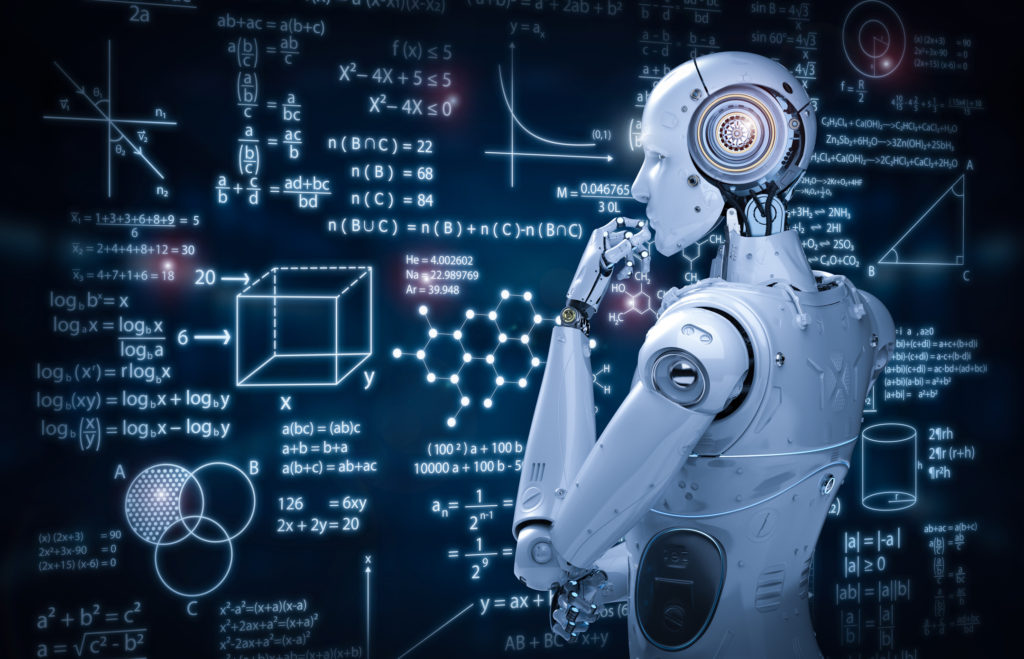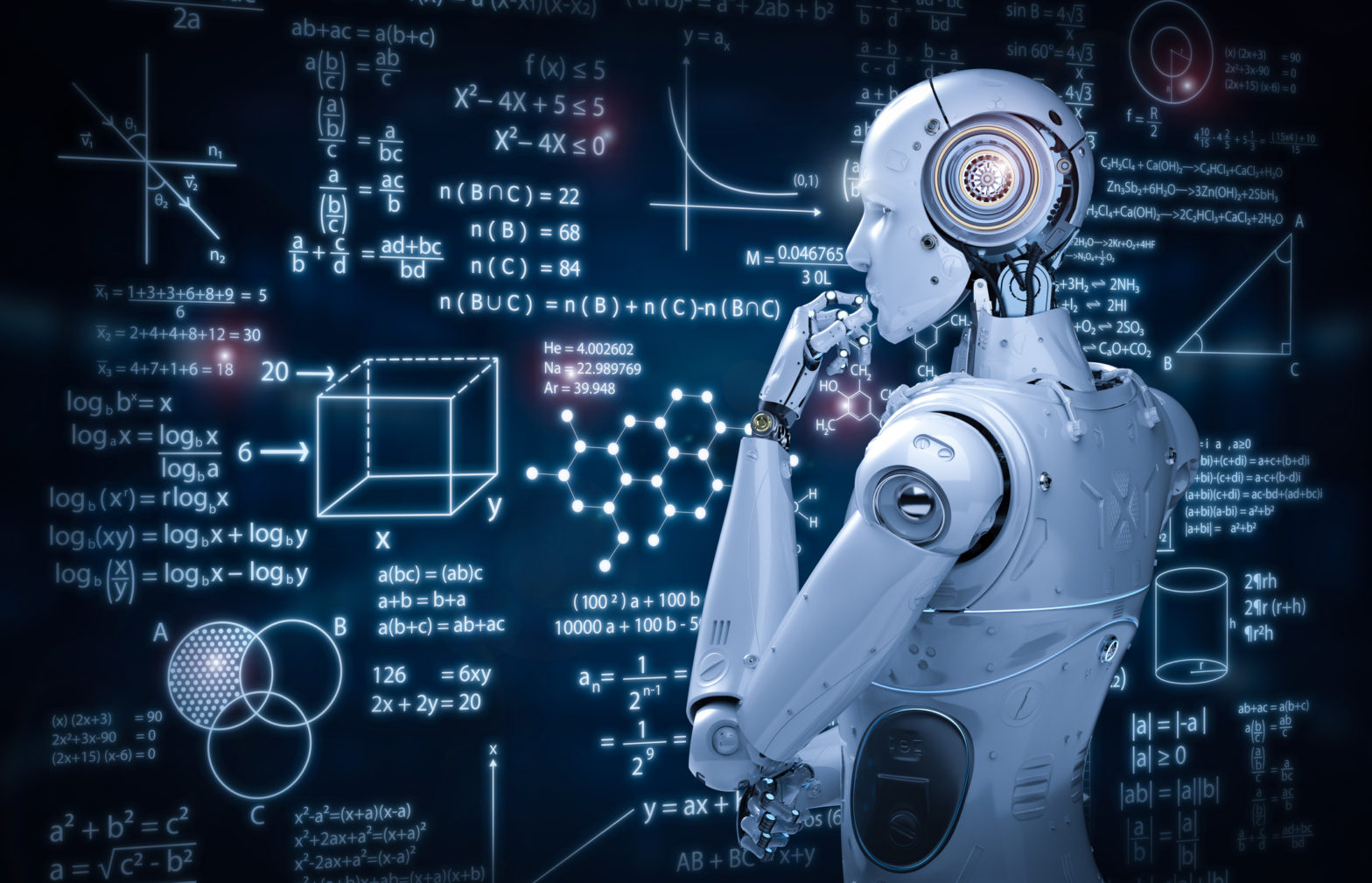
If you’re at all familiar with technology and artificial intelligence, you’ve probably heard the term ‘machine learning’ tossed around. Machine learning is a very hot topic in the tech industry as of late. Machine learning as a whole is currently undergoing exponential growth and development as analysts continue to discover new applications for this technology in a wide variety of different fields and industries.
So what exactly is machine learning? To put it simply, machine learning is a data analysis technique that teaches computers to learn from their experiences—just like humans do. It might sound impossible, but machine learning has become a reality in recent years with the help of complex algorithms and computational strategies.
How Machine Learning Works
Machine learning may seem far-fetched for those who don’t understand how it works. After all, is it really possible for computers to learn from experience? The answer to this question is a resounding yes. Machine learning is a practical and effective data analysis technique in a wide variety of contexts.
Aided by machine learning algorithms, a computer is able to learn new information directly from a set of data using specific computational strategies. The more samples that are available for learning, the more adaptive machine learning algorithms become and the more their performance improves over time.
Obviously, machine learning is very complex. This explanation of the basics of how machine learning works—while simplistic—helps demonstrate how machine learning functions at its core in a way that’s easy for anyone to understand.
How Machine Learning is Used
Not long ago, machine learning was isolated to laboratory studies and did not yet have a place in the “real world”. However, machine learning has advanced exponentially over the past several years and currently has many practical real-world applications.
Machine learning is useful for improving the performance of many popular voice recognition softwares. It does this by enhancing the natural language processing abilities of these softwares. Machine learning is also useful in similar capacities for improving the accuracy of facial recognition softwares.
In the field of computational finance, machine learning is useful in formulating more informed credit scores. It can also help validate credit scores based on individuals’ financial history.
Machine learning is also influential in the field of computational biology. To date, it has proven to be impactful in the early detection and diagnosis of tumors—specifically cancerous tumors. It has also accelerated the discovery and development of several different drugs in the medical field.
How Machine Learning Will Change the World
Although it might sound futuristic, machine learning is a part of the present. It has already made a major impact on the world. All of the real-life examples above demonstrate how machine learning has already changed the world for the better.
However, machine learning remains a fairly new technology. It still has a long way to go in terms of growth and development. Only time will tell how far machine learning will advance and how large of a global impact it will have. Regardless, its current exponential growth and development suggests that machine learning will only continue to advance and expand its impact on the world into the future.


Right here is the perfect webpage for everyone who would like to understand this topic. You understand a whole lot its almost tough to argue with you (not that I really will need toÖHaHa). You certainly put a fresh spin on a subject that has been discussed for a long time. Wonderful stuff, just excellent!